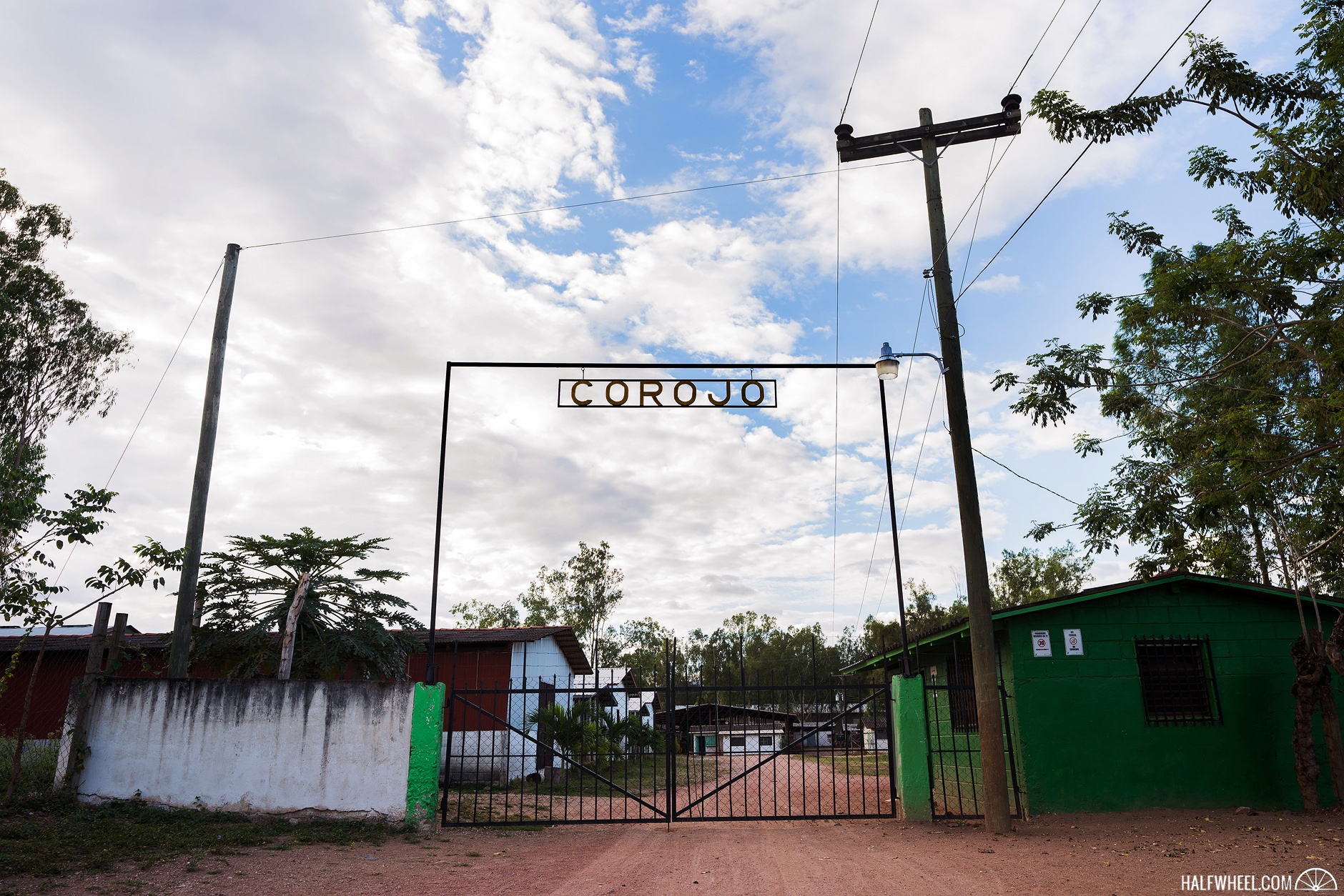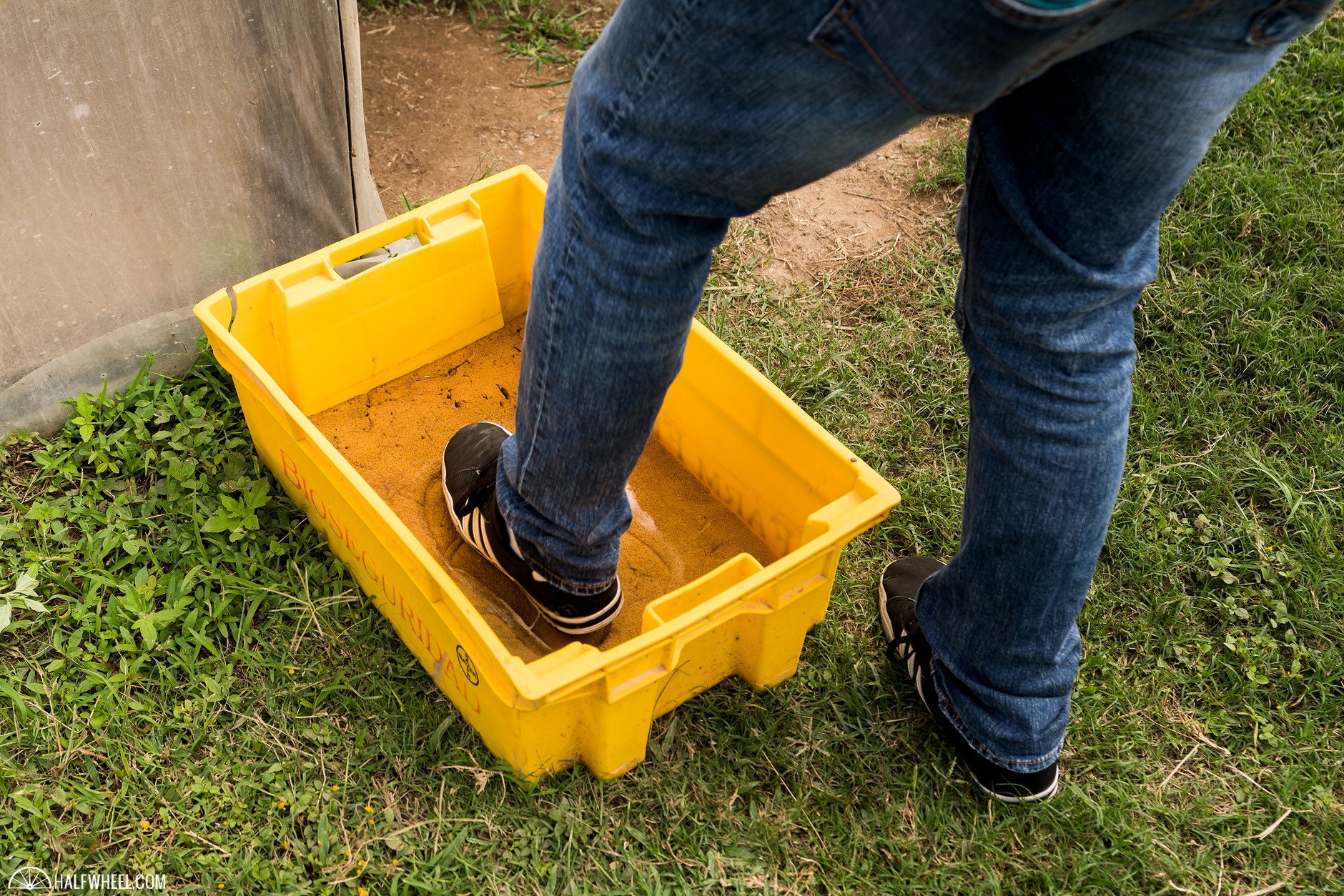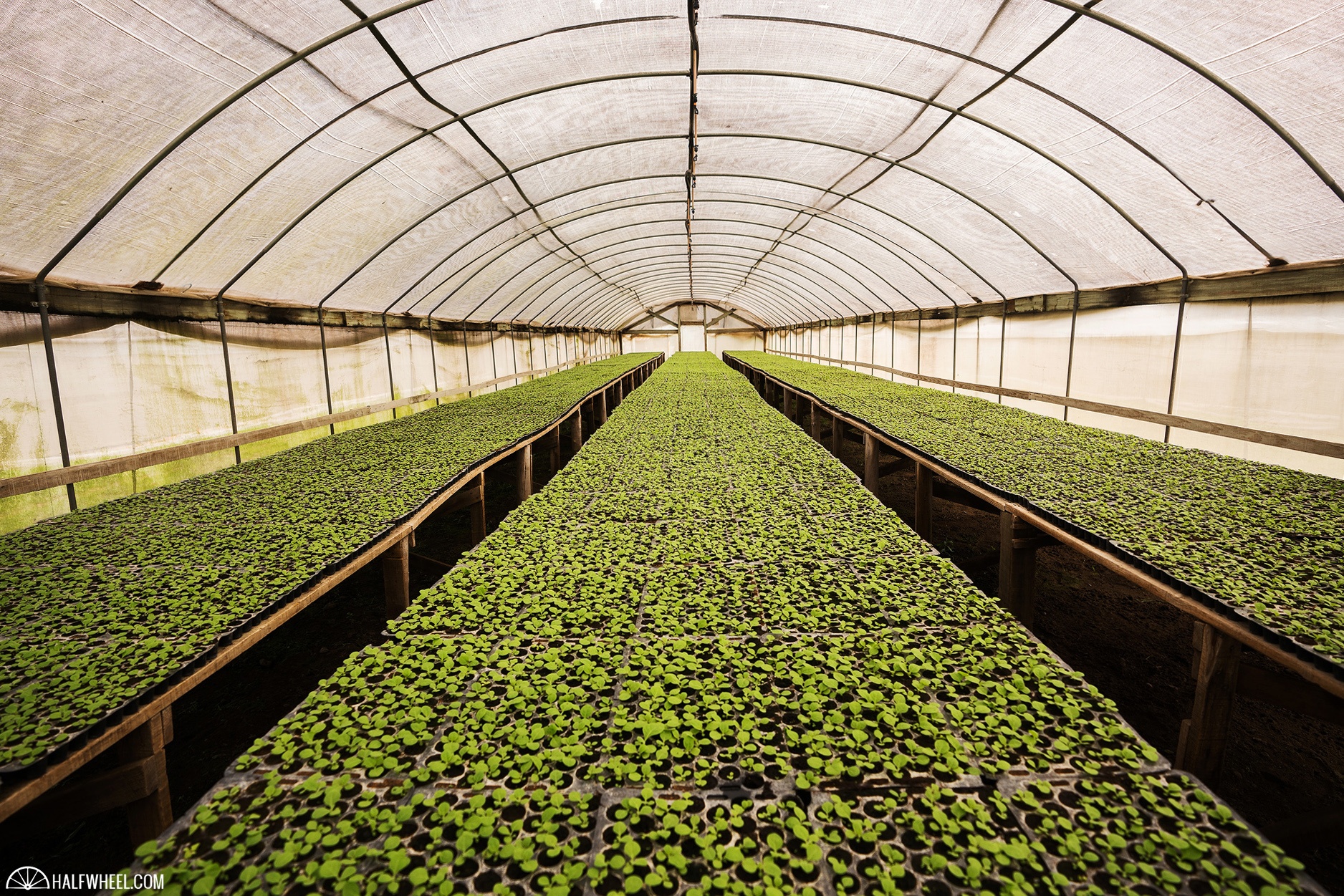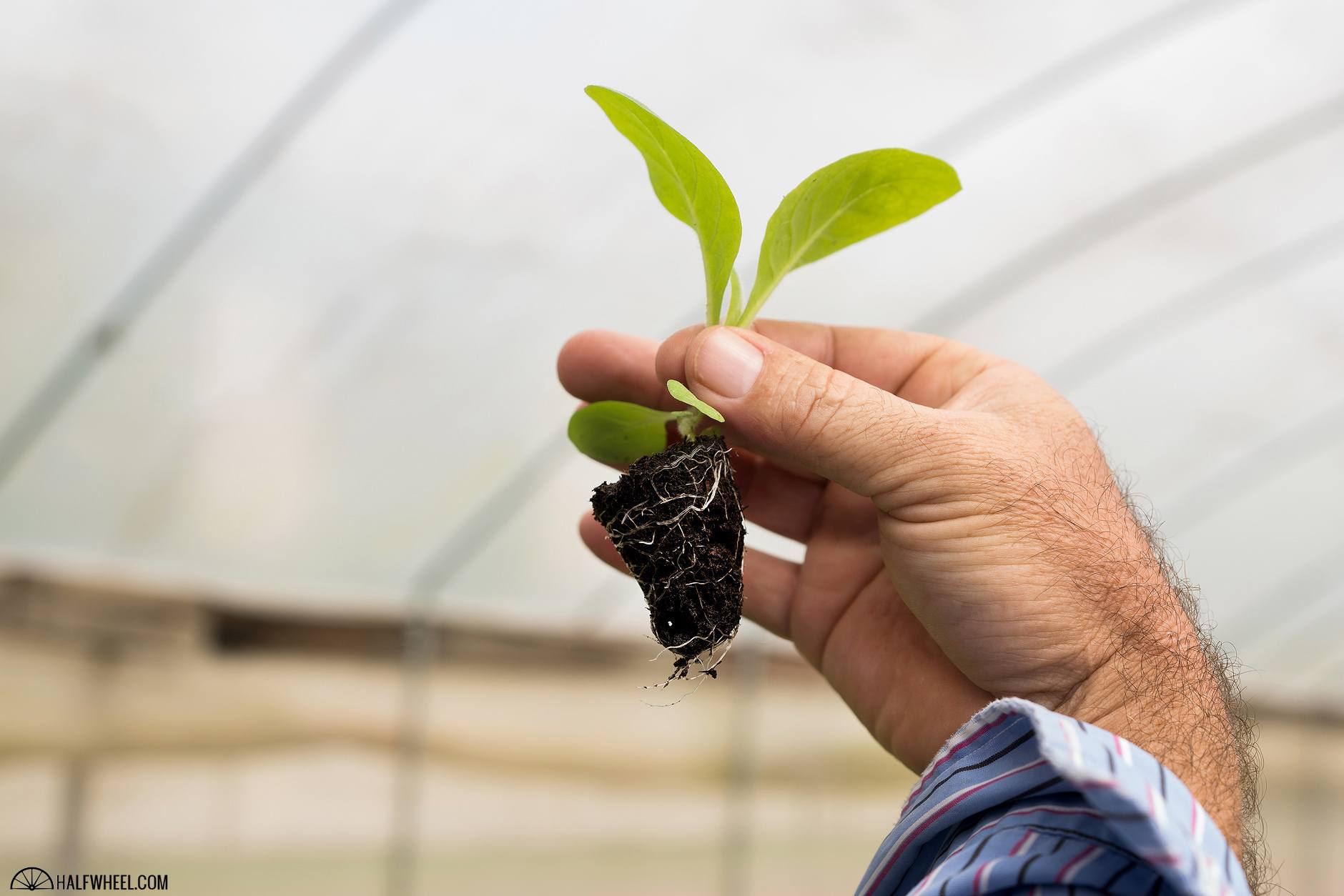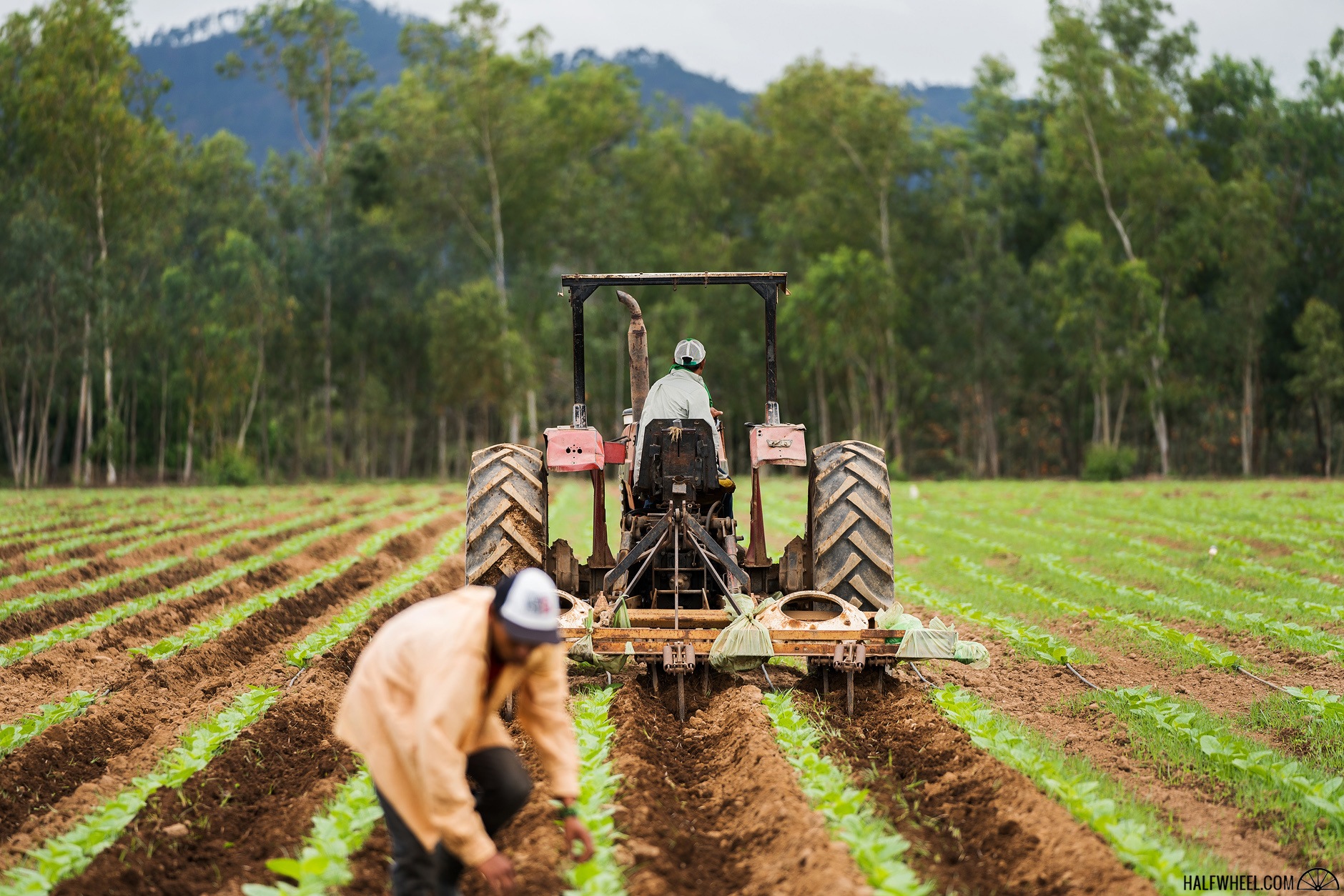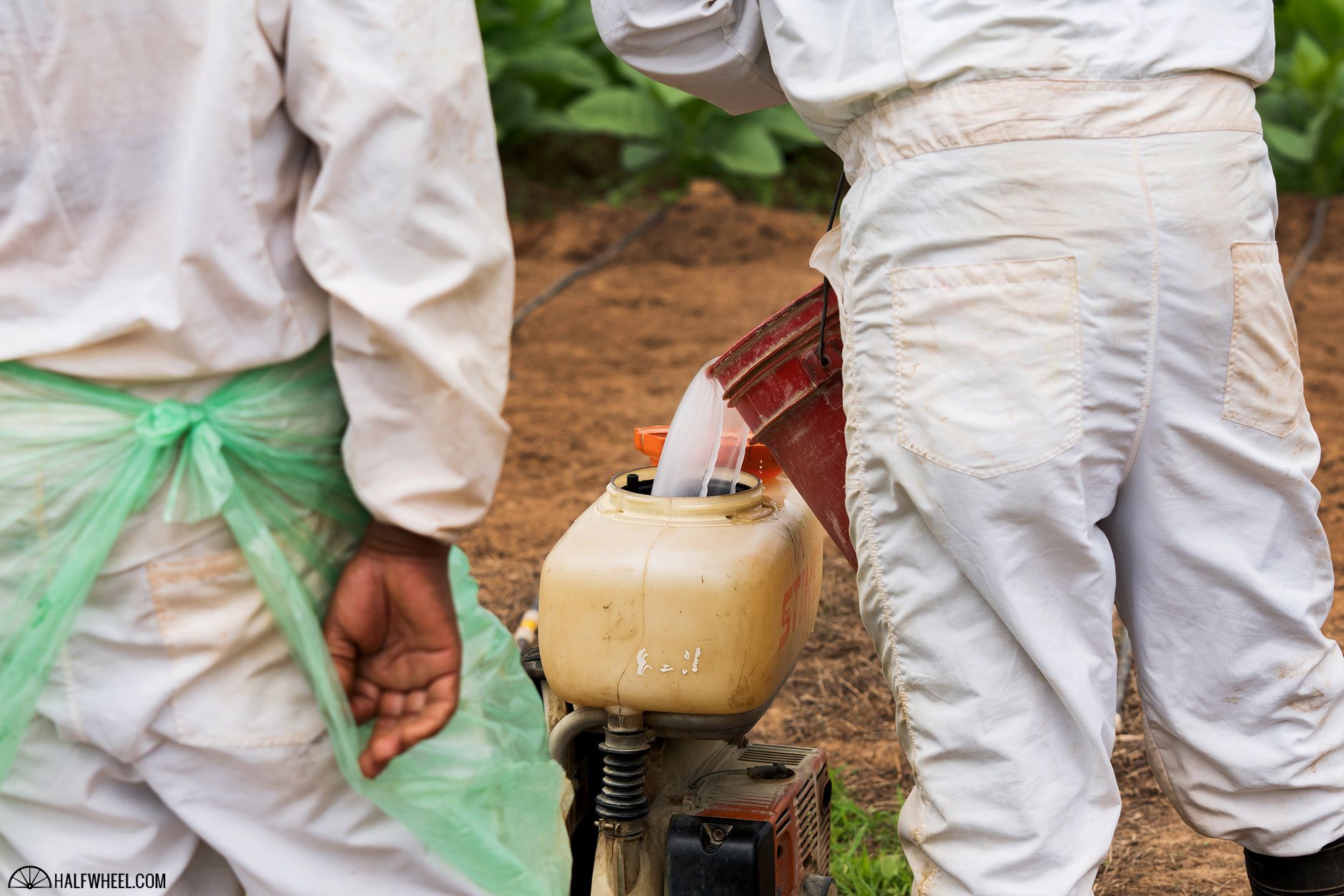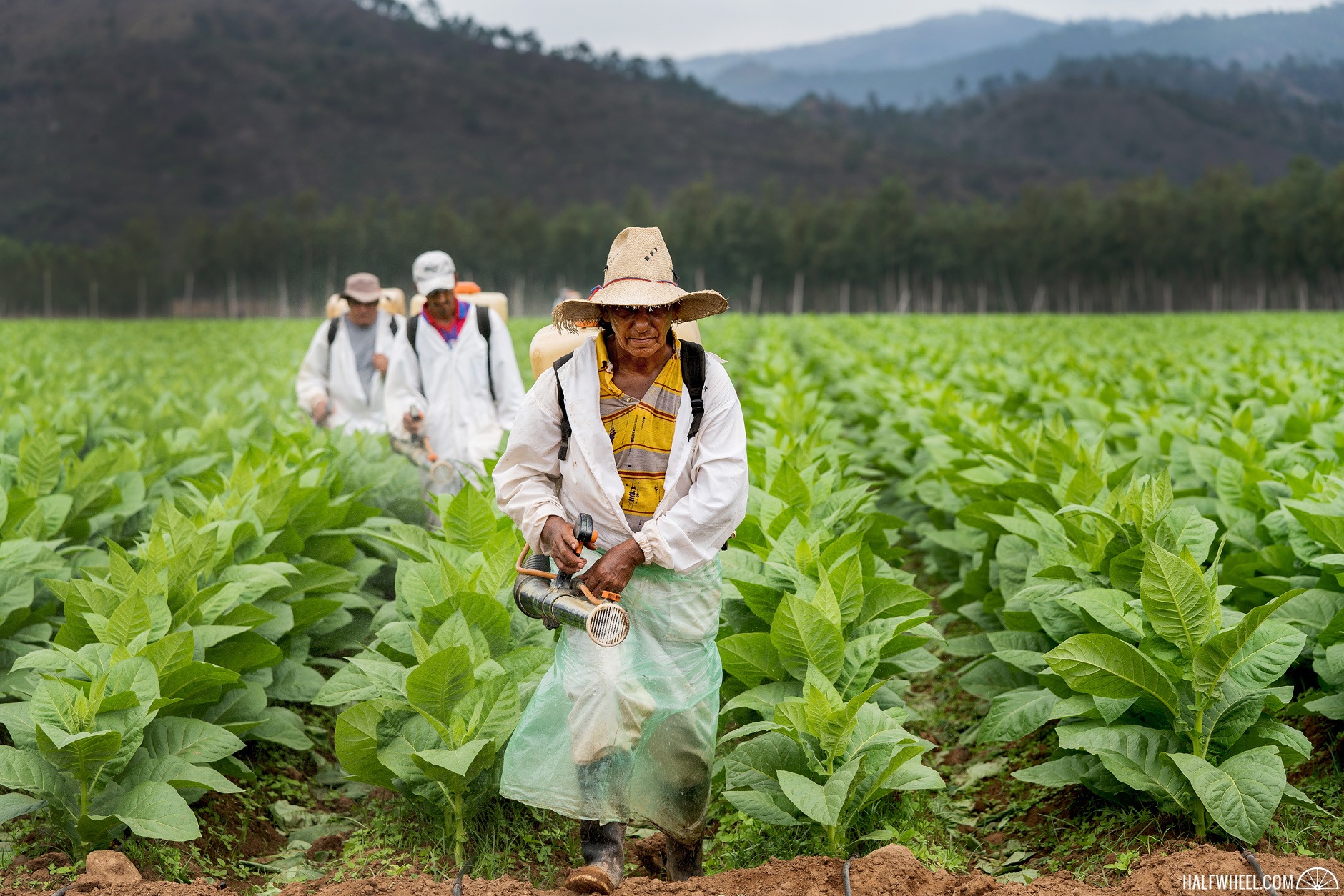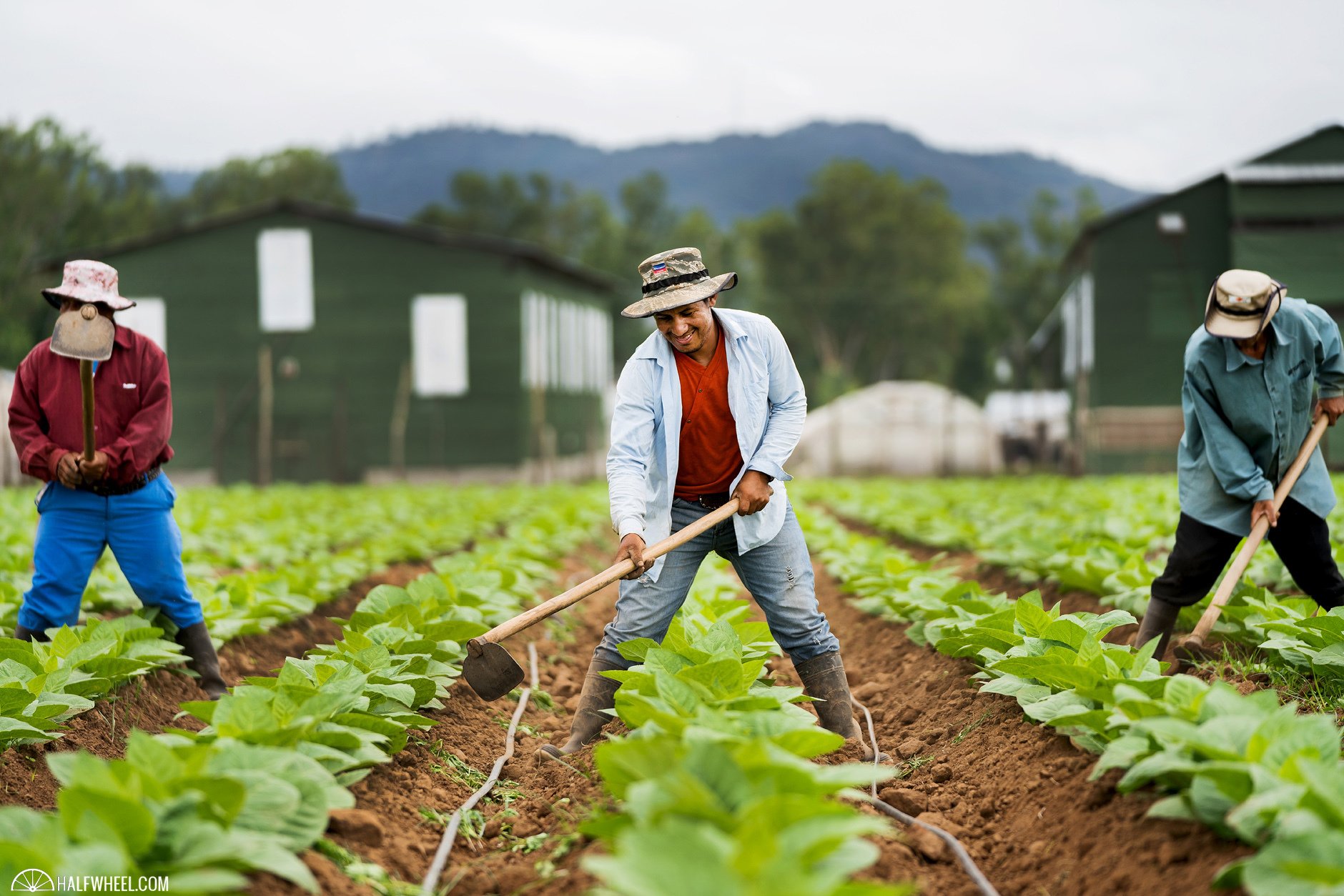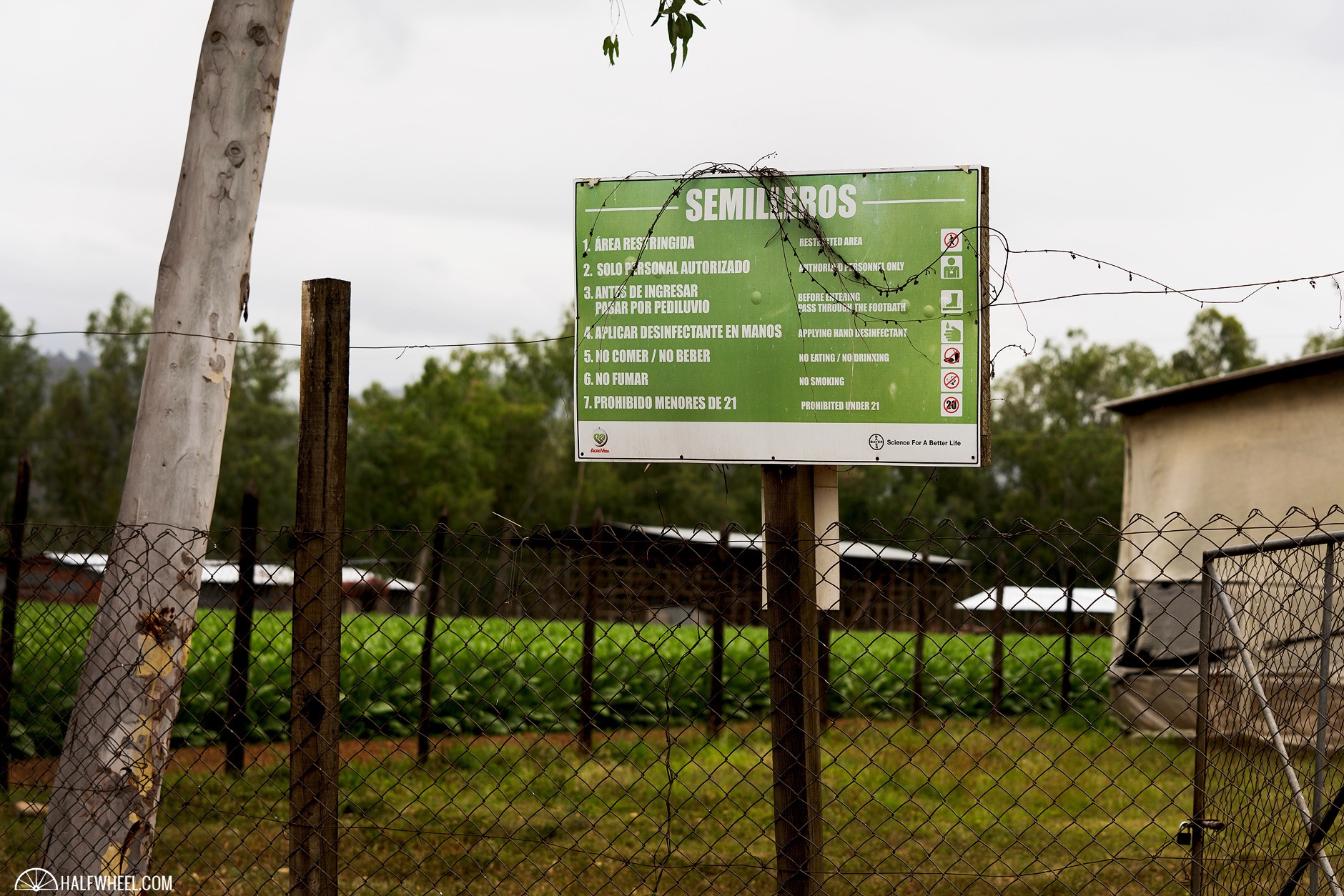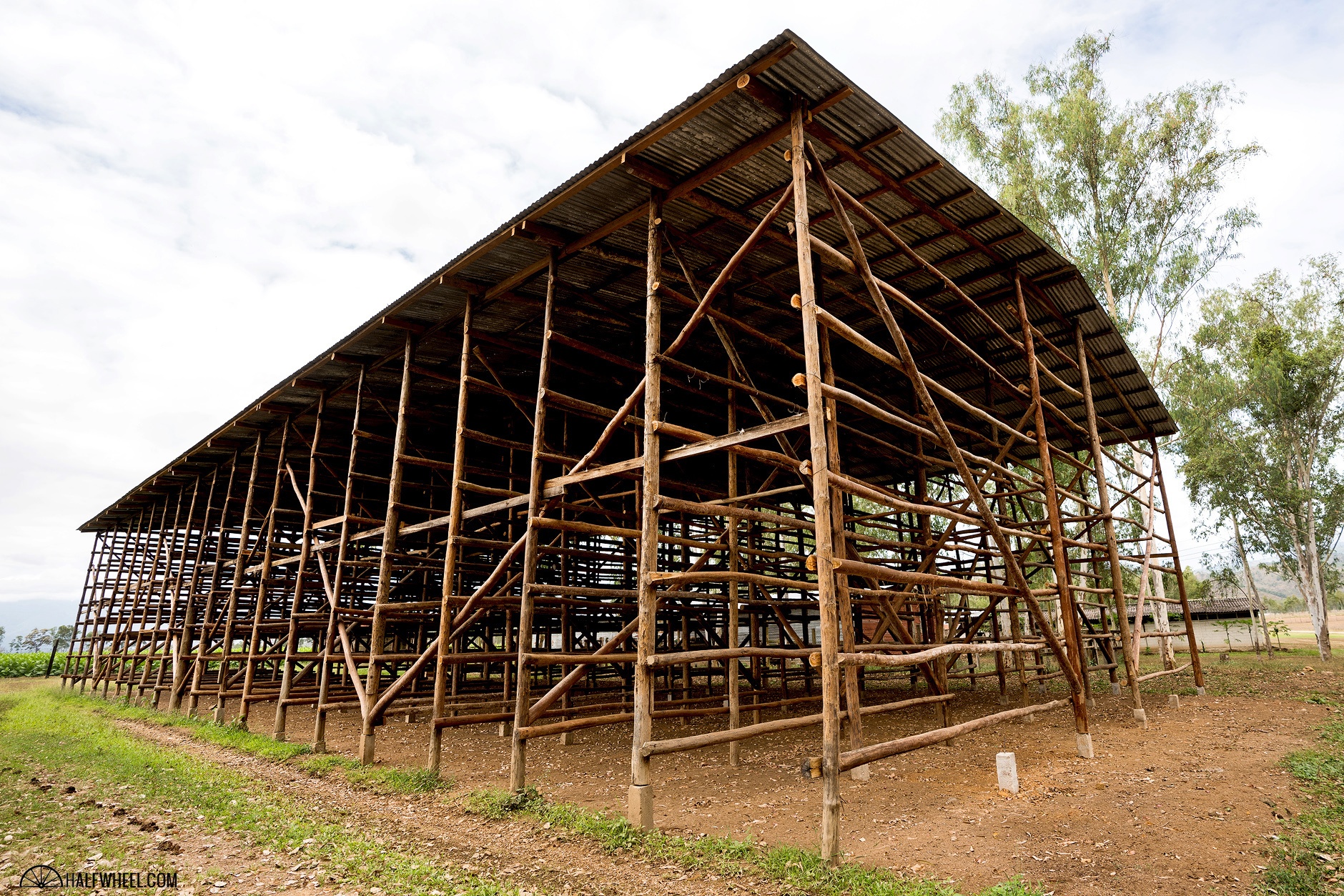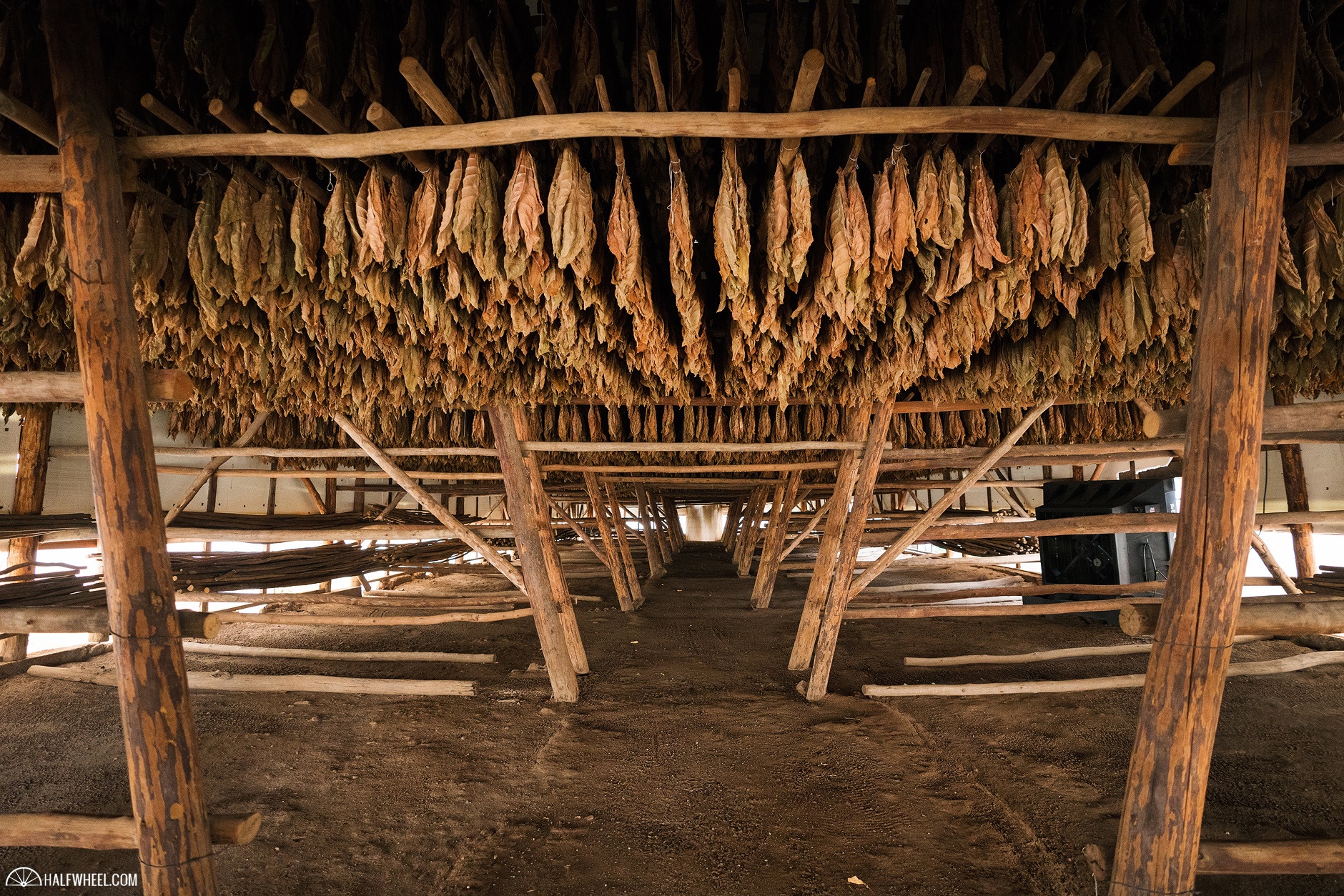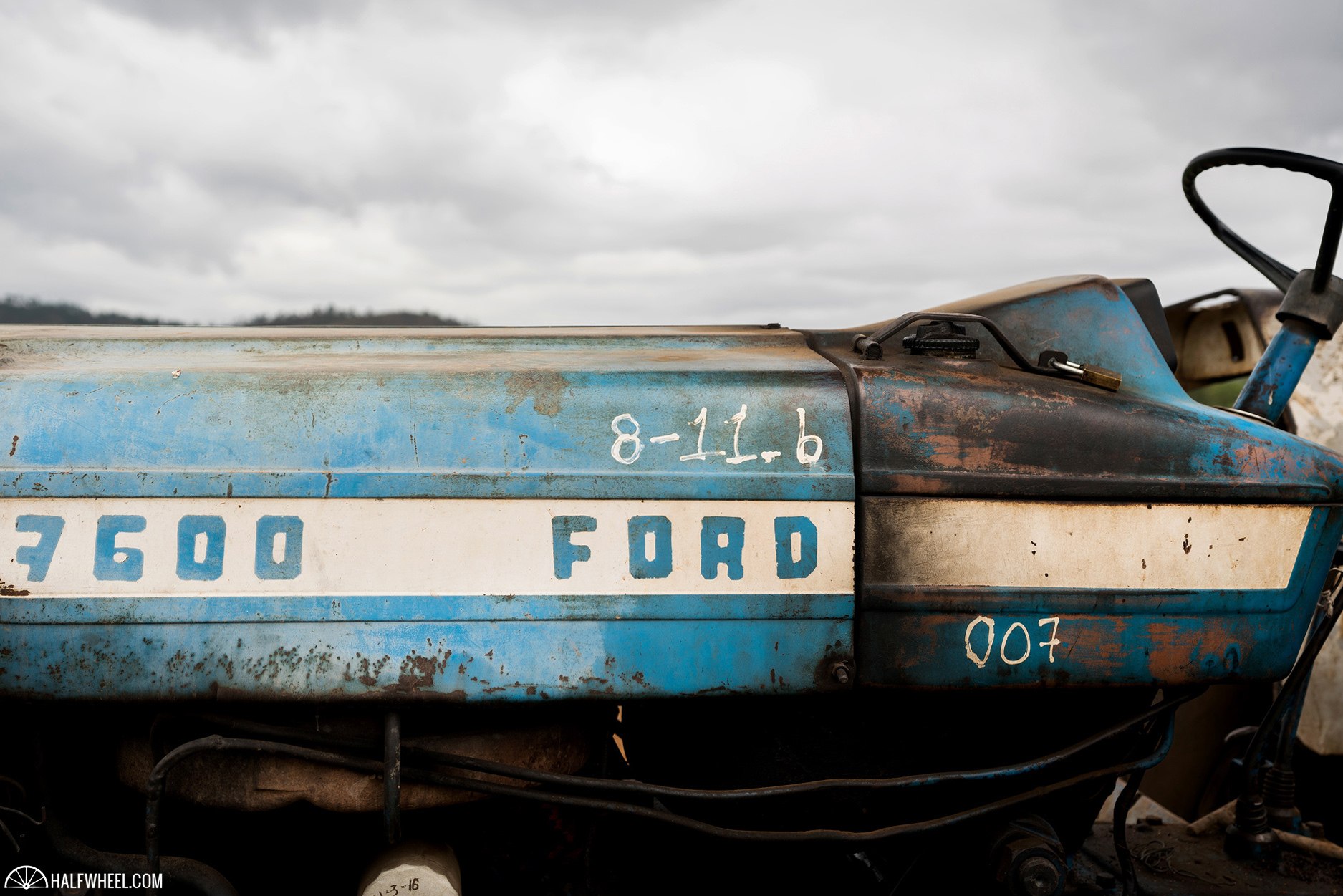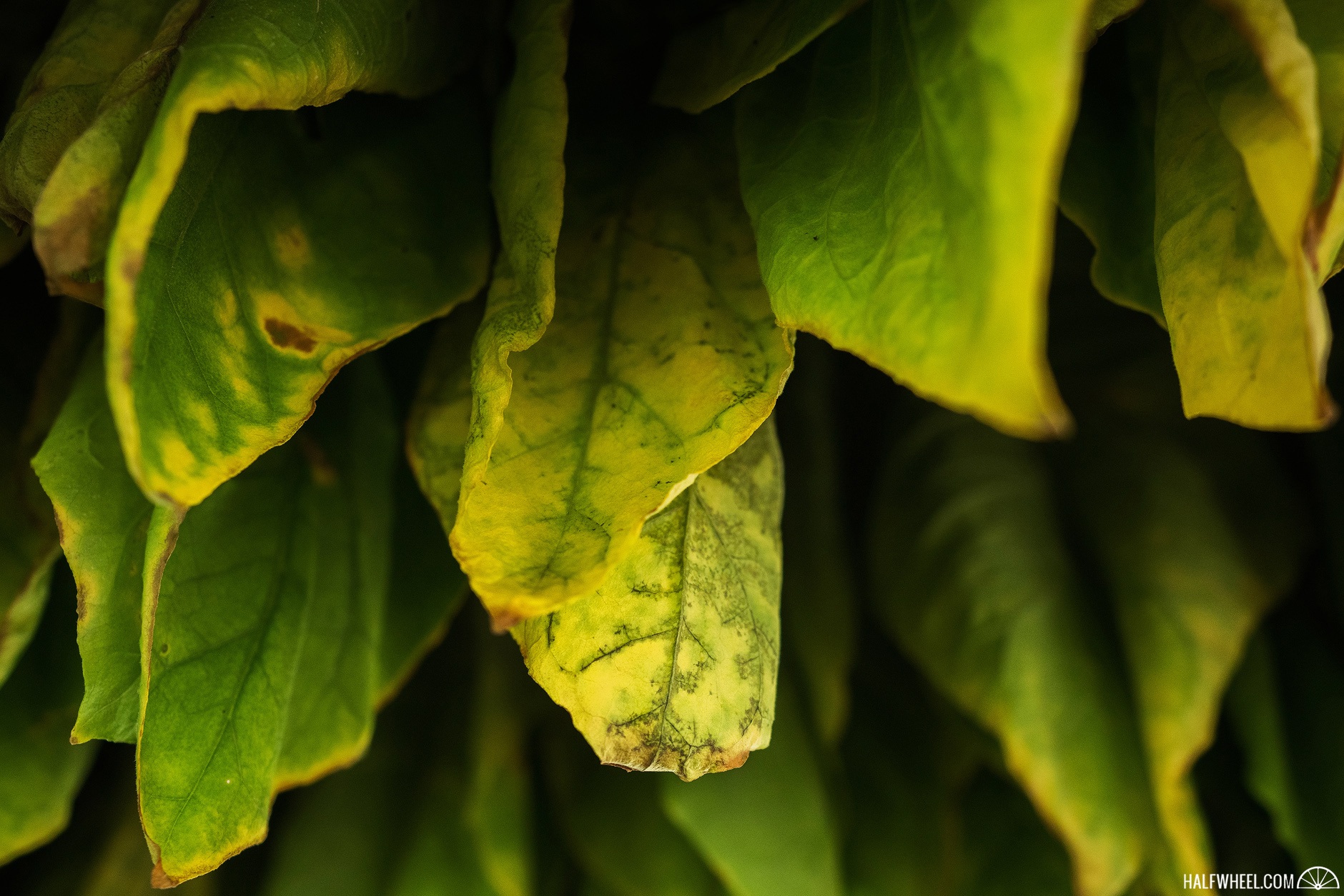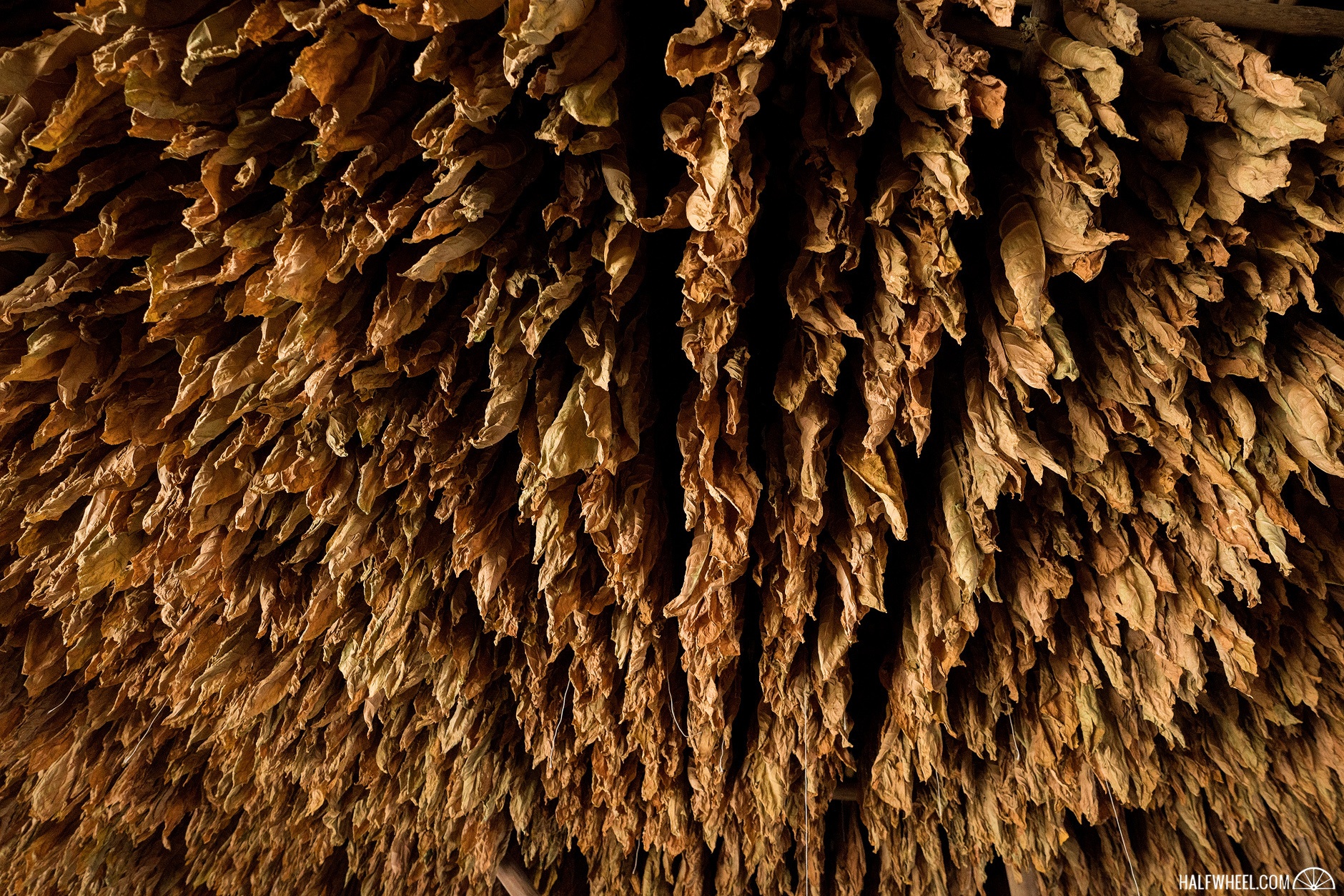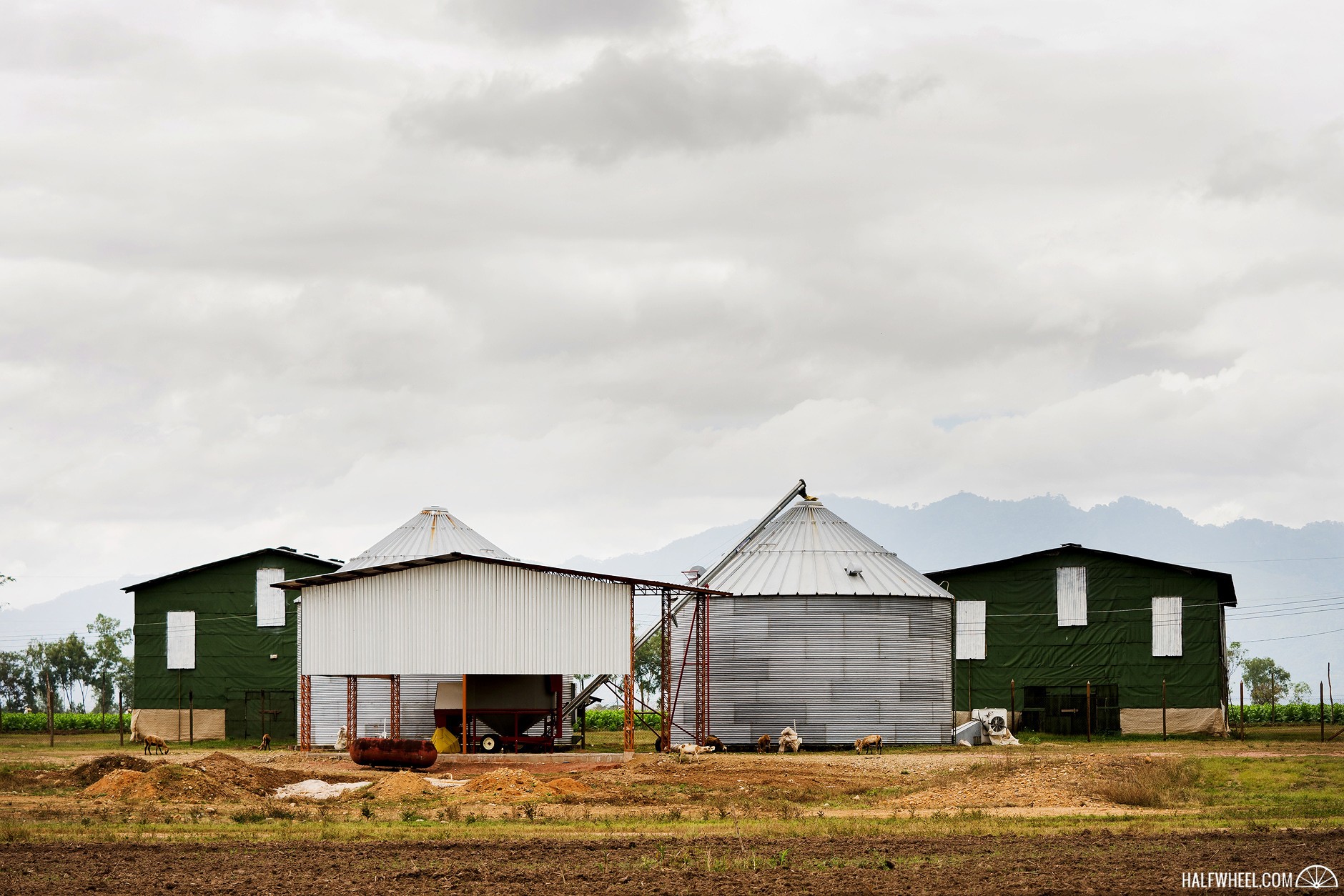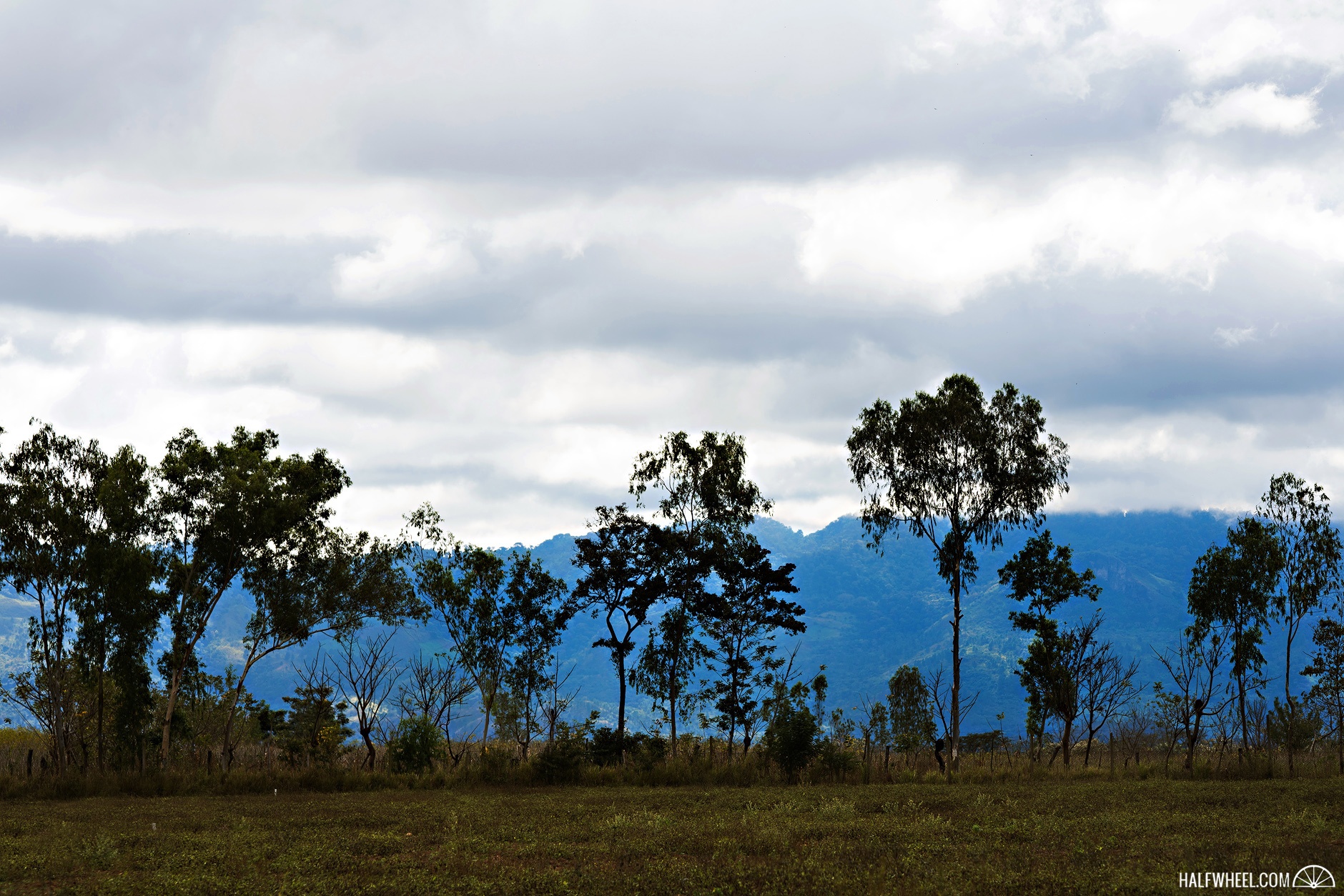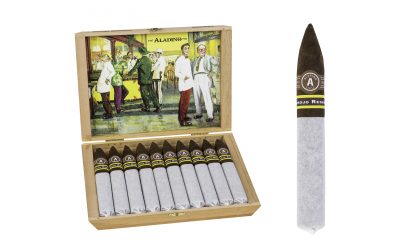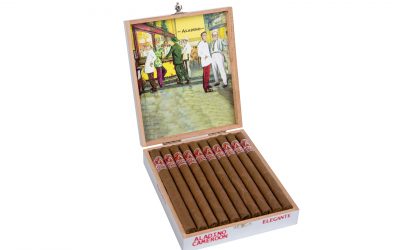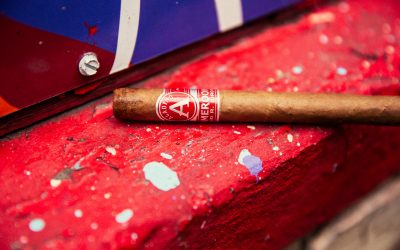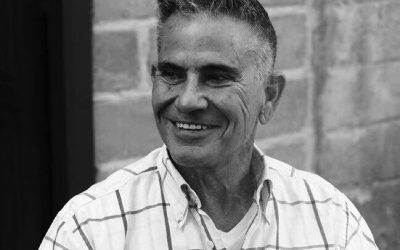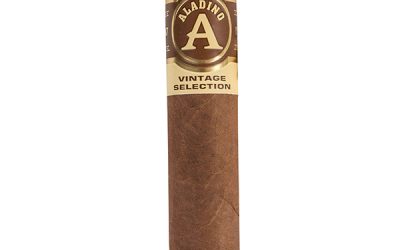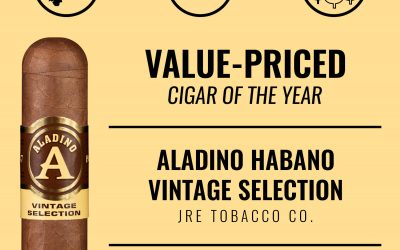A Visit to Finca Corojo & Las Lomas
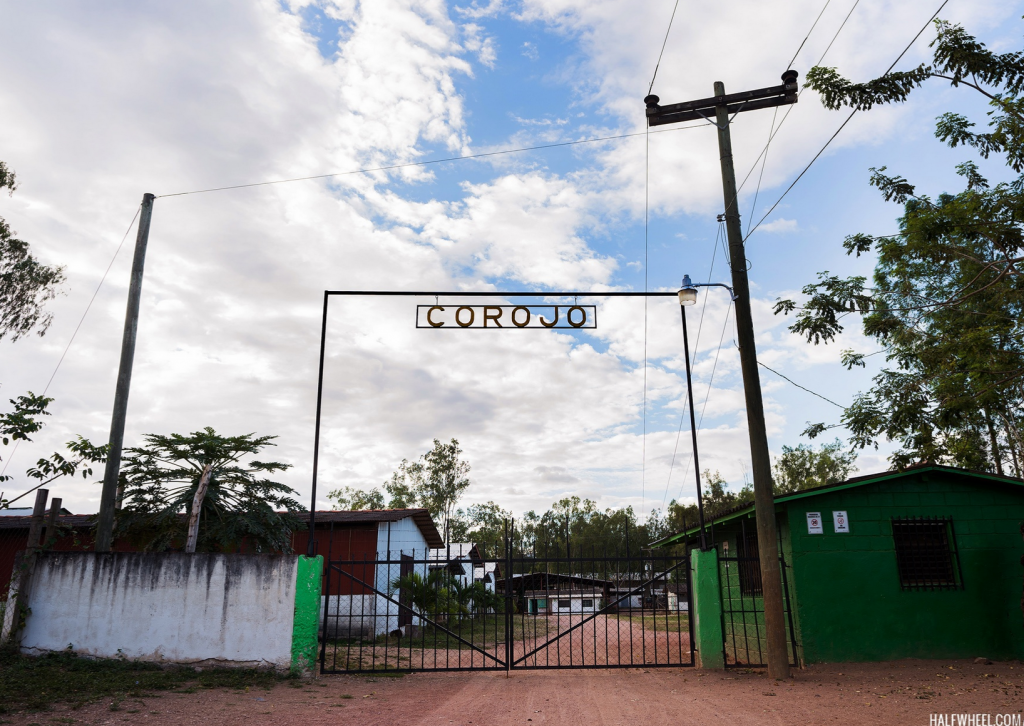
Source: Halfwheel
I’ve been to at least 40 different tobacco growing operations. Like anything in nature, each one is a bit different. None of them have been as different as Finca Corojo, the 700-acre farm owned by Julio Eiroa.
Eiroa is best known for his decades owning the Camacho brand before selling it to Oettinger Davidoff AG in 2008, but like many that sell their companies, he kept the fields. And after briefly retiring—for a third time—he’s back in Honduras overseeing the farm and factory, best known in the U.S. under the JRE Tobacco Co. banner.
I spent two days touring the operation with Justo Eiroa, Julio’s son and president of JRE. Most of our time was spent at the farm. And that makes sense.
The older Eiroa is a farmer, an old Cuban farmer and probably the last one of his generation left in Central America. With the exception of Nestor Plasencia Sr., no one has close to the decades of experience growing tobacco and rolling in Central America like Eiroa. As he remarked to me, his peers—Llaneza, Padrón, Oliva—have left this earth.
Eiroa turned 80 shortly before I arrived in eastern Honduras, right along the Nicaraguan border. But as is often the case with this ilk of Cuban farmers, he was up at 5 a.m. each day, working well before I had even contemplated opening my eyes.
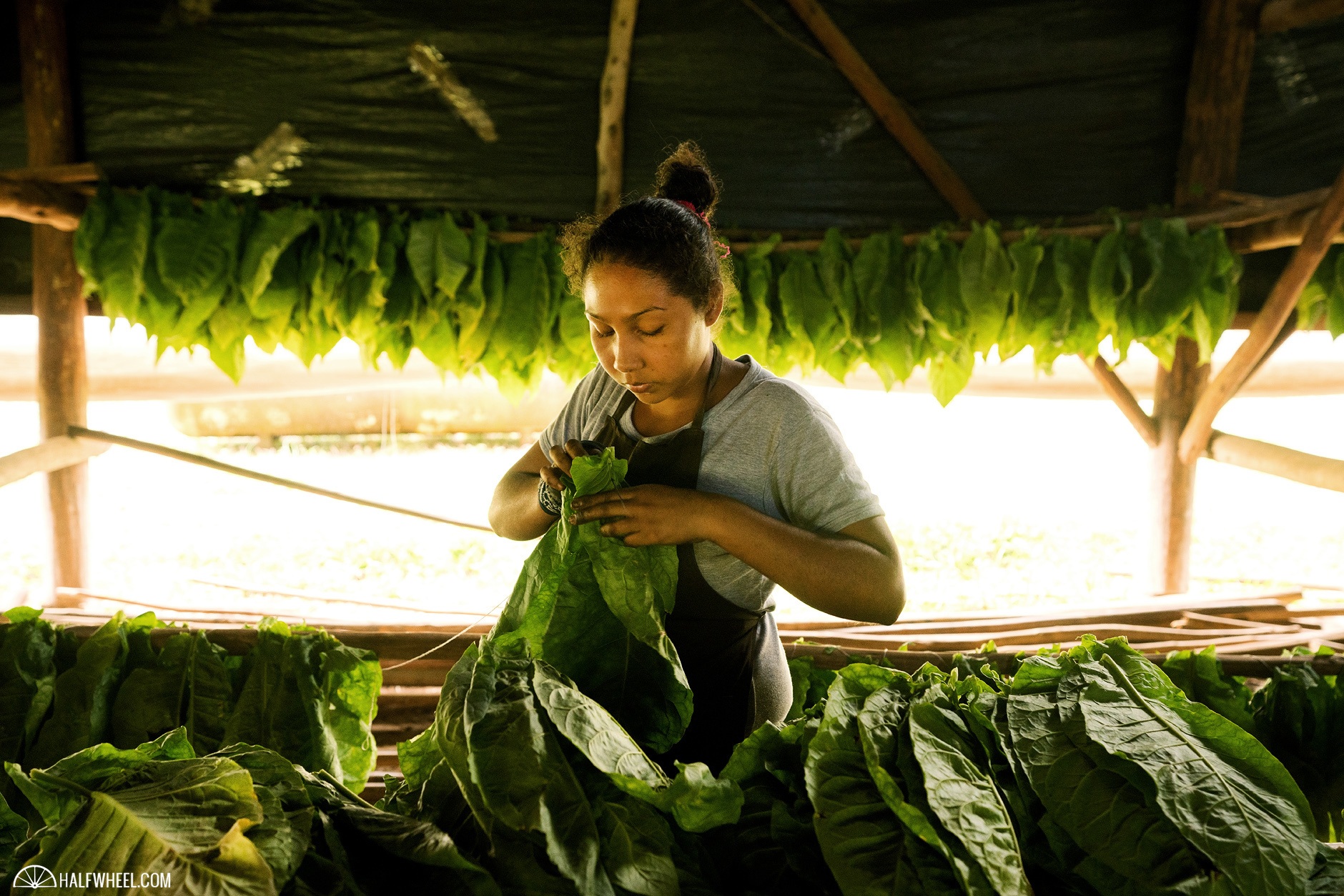
Any visit to the farm starts with cleaning. The car is cleaned, your clothes are cleaned through a mist tunnel and your hands washed. Each and every time. The farm has had a partnership with Bayer CropScience since 2010. As such, there are numerous procedures and policies in place. Some—like cleaning your feet before entering the greenhouses that hold seedbeds—aren’t particularly different.
Others, like the mist tunnels and car cleaning, are not the norm. What’s perhaps most notable is not the procedure, but the policy. At many farms and factories, visitors—particularly gringo visitors—seem to be exempt from certain activities, like cleaning your shoes. That’s not the case here and you can tell that’s never been the case.
The farm is a 700-acre property—400 of which have access to drip irrigation—with 53 tobacco barns, 180 acres of sorghum, eucalyptus trees, sheep and horses. Finca Corojo isn’t simply a tobacco farm, it’s an actual farm. There are plans to increase all of the individual agricultural product’s outputs, as well as a pilot program for red beans. The centerpiece is certainly the tobacco, which the company plans to begin selling now that a purchasing agreement with Davidoff has ended.
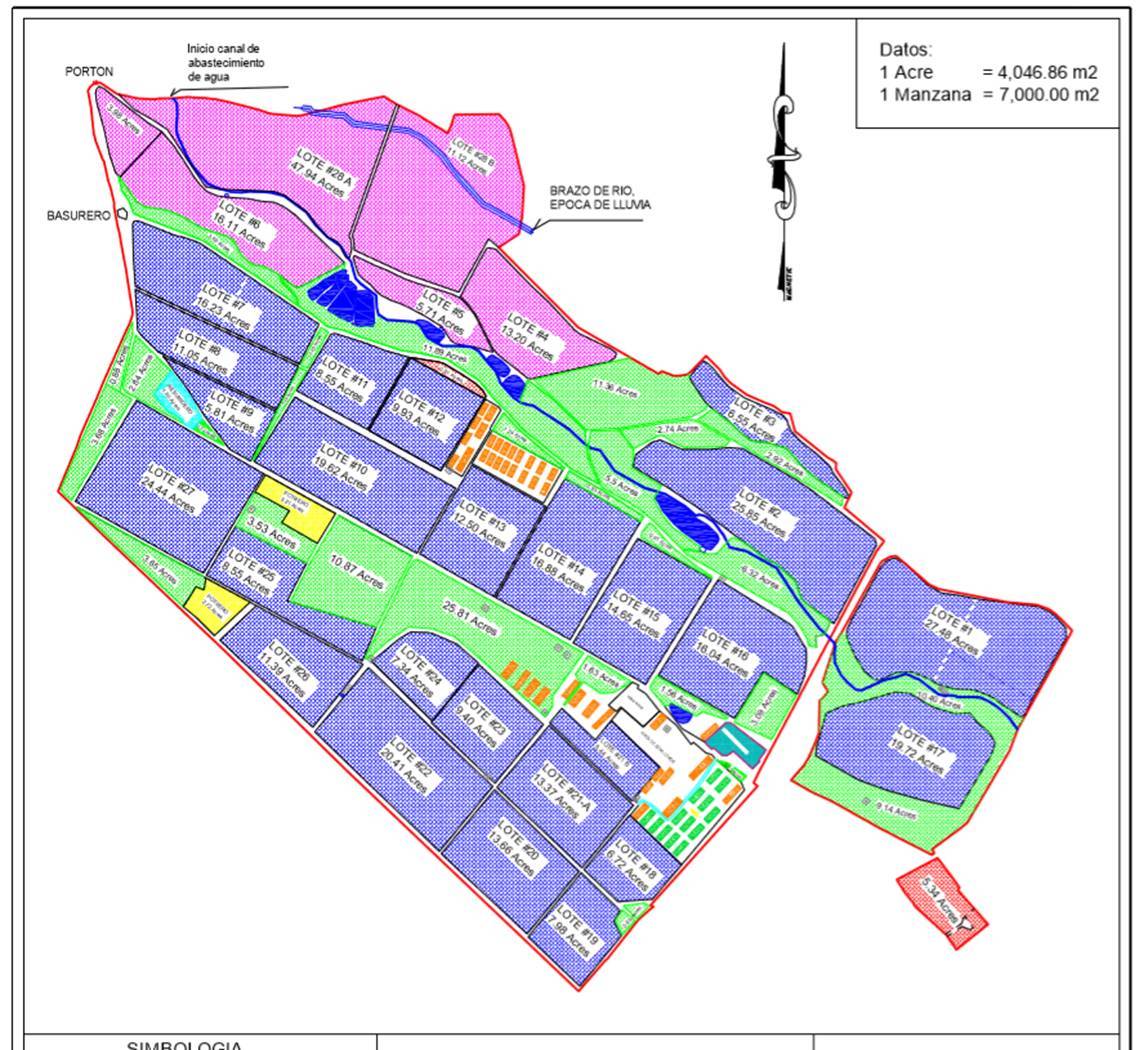
Justo Eiroa made it clear repetitively, the goal is to be known as the premier tobacco grower.
Still—like just about every major tobacco grower—the Eiroas believe that having their own brand and factory is key for the long-term success of the family’s operations.
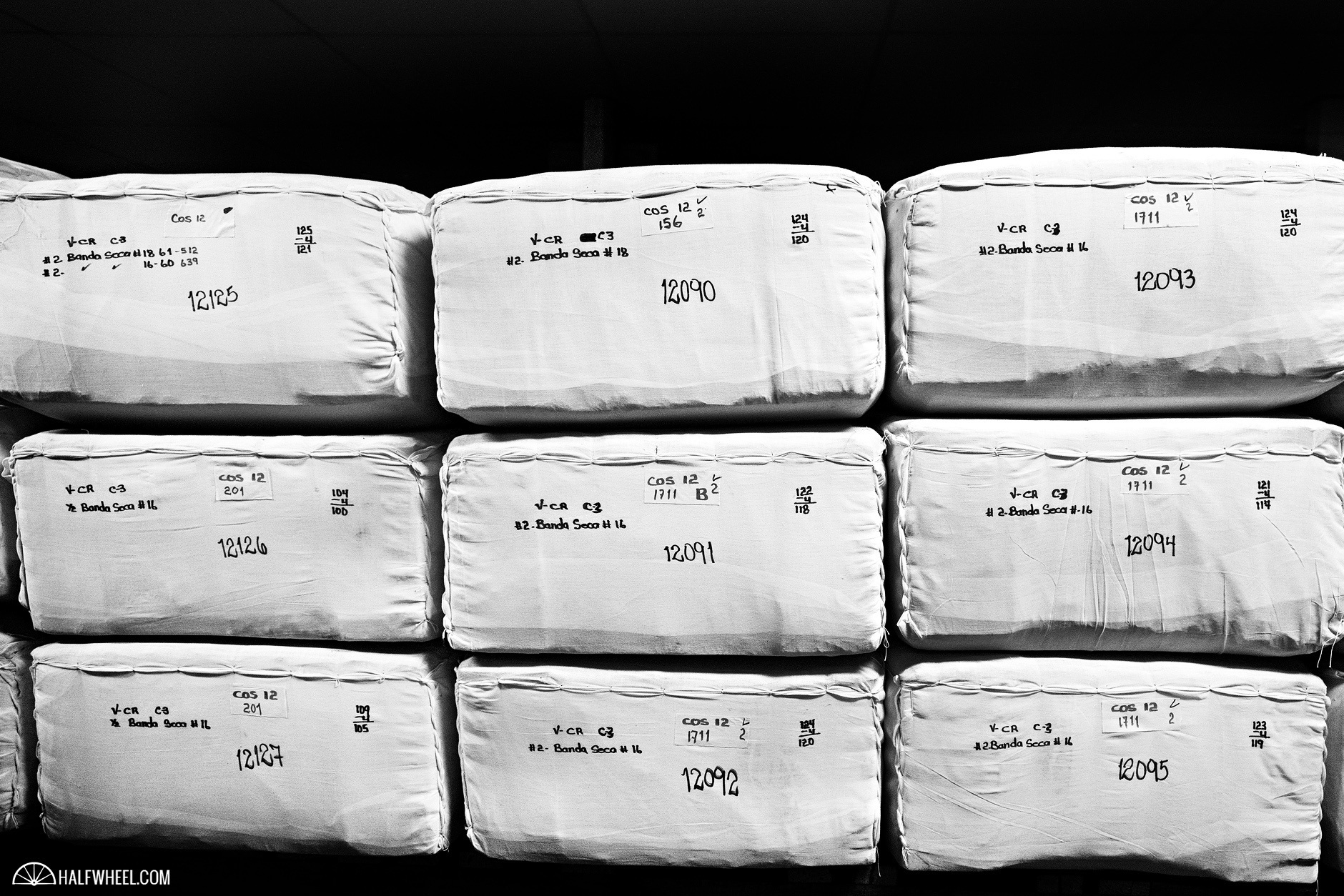
The tour was oddly one of the few that went chronically step-by-step in the cigarmaking process and that meant we eventually ventured to the tobacco processing operations to see sorting, curing and storage.
I’ve actually now been to three factories in the last few weeks that use these unique wheels. They were developed by Eiroa is a more efficient way to dry tobacco. Instead of having workers individually shake the hands of tobacco—a group of leaves—they are placed on the wheel which is spun around. This not only improves the overall time that is used but perhaps, more importantly, reduces the risk of breakage.
There were a few other parts of the process that are unique: the Eiroas do sorting fairly early on in the process compared to many other places. But if there’s one thing that stands out from the experience, it’s the wheels and they also make for the best video.
From there, it’s off to the box factory. There are box factories and then there’s what General Cigar Dominicana and Tabacalera de García have. This is the former. It’s impressive and always a great reminder of how much work goes into cigars, even the parts we throw out, but it’s not much different from many other box factories.
One of the shortest visits was the cigar factory itself. Las Lomas makes cigars for JRE. Christian Eiroa—one of Julio’s other sons—makes cigars at his own factory in Danlí as well as in Nicaragua. As such, Las Lomas is quite small since its one client—JRE—is quite new.
The Las Lomas factory is on the Camp Aladino property, a sprawling jungle retreat that is best known by its former name, Camp Camacho. At the top is Julio’s house and the hospitality area, below that are the rooms where I stayed and as you go further the list of buildings and wildlife grows, including tobacco sorting and storage, a machine shop, quail cages, a doctor’s office, chickens, wild deer and the aforementioned box factory and cigar factory.
Las Lomas is very small, just 14 pairs at the moment, though plenty of room to increase that number to 100. Justo said the factory is hoping to attract new clients, though the ultimate goal seems to be to sell tobacco to other people.
Much of the time at the factory was spent with the other tour guests—two sales representatives and three retailers—giving solicited advice to Julio Eiroa in the only area where any of us might have been qualified: packaging. It was somewhat of an ironic ending given the overarching theme of the overall visit was about tobacco and its importance, particularly the in rawest of form.
Disclosure: JRE Tobacco Co. paid for my travel and accomodations in Honduras.
Archives
- June 2022
- June 2021
- May 2021
- March 2021
- February 2021
- December 2020
- October 2020
- September 2020
- August 2020
- April 2020
- March 2020
- February 2020
- January 2020
- December 2019
- November 2019
- September 2019
- August 2019
- July 2019
- June 2019
- May 2019
- January 2019
- October 2018
- August 2018
- July 2018
- April 2018
- February 2018
- January 2018
- December 2017
- November 2017
- October 2017
- September 2017
- July 2017
- May 2017
- April 2017
- March 2017
- November 2016
- March 2016
- February 2016
- January 2016
